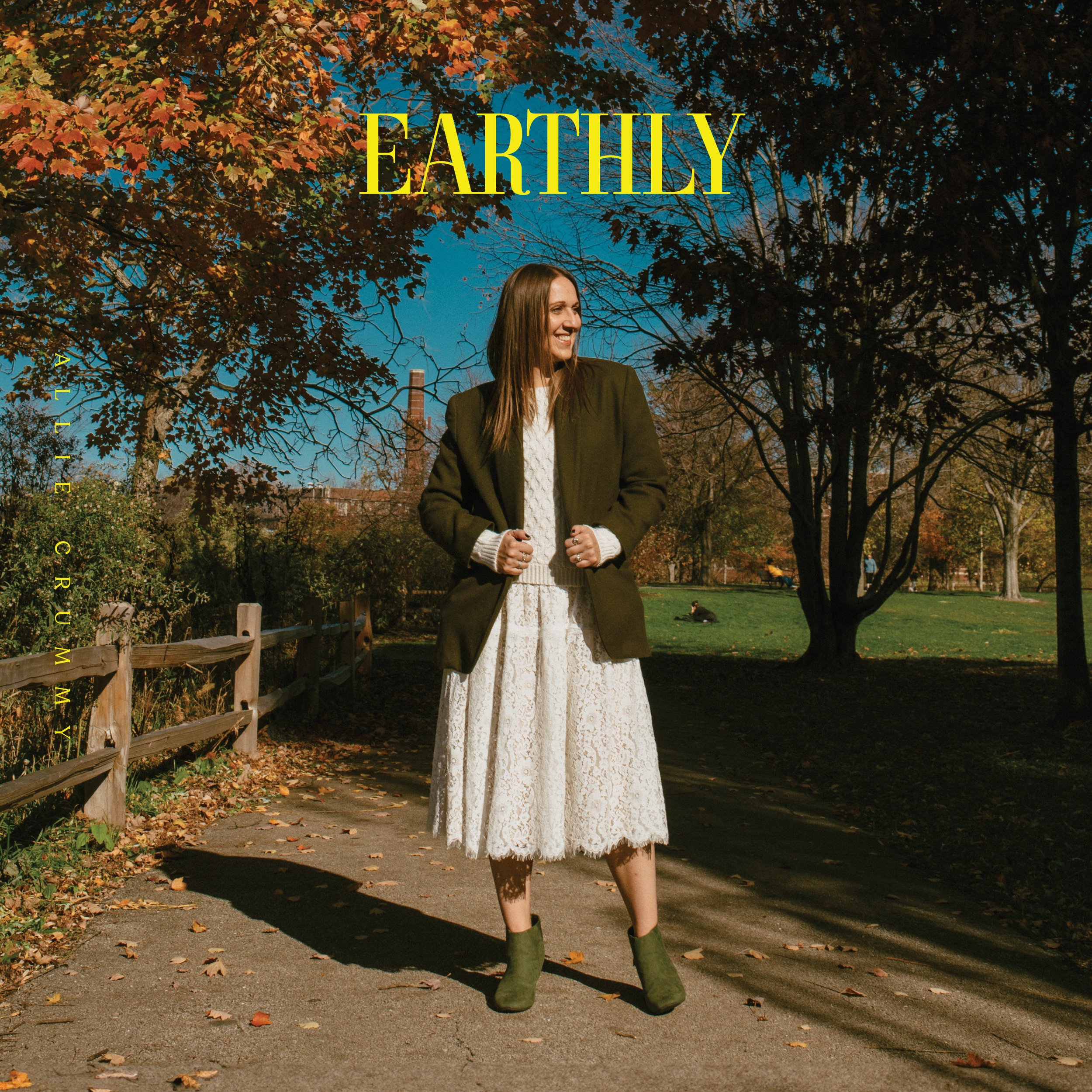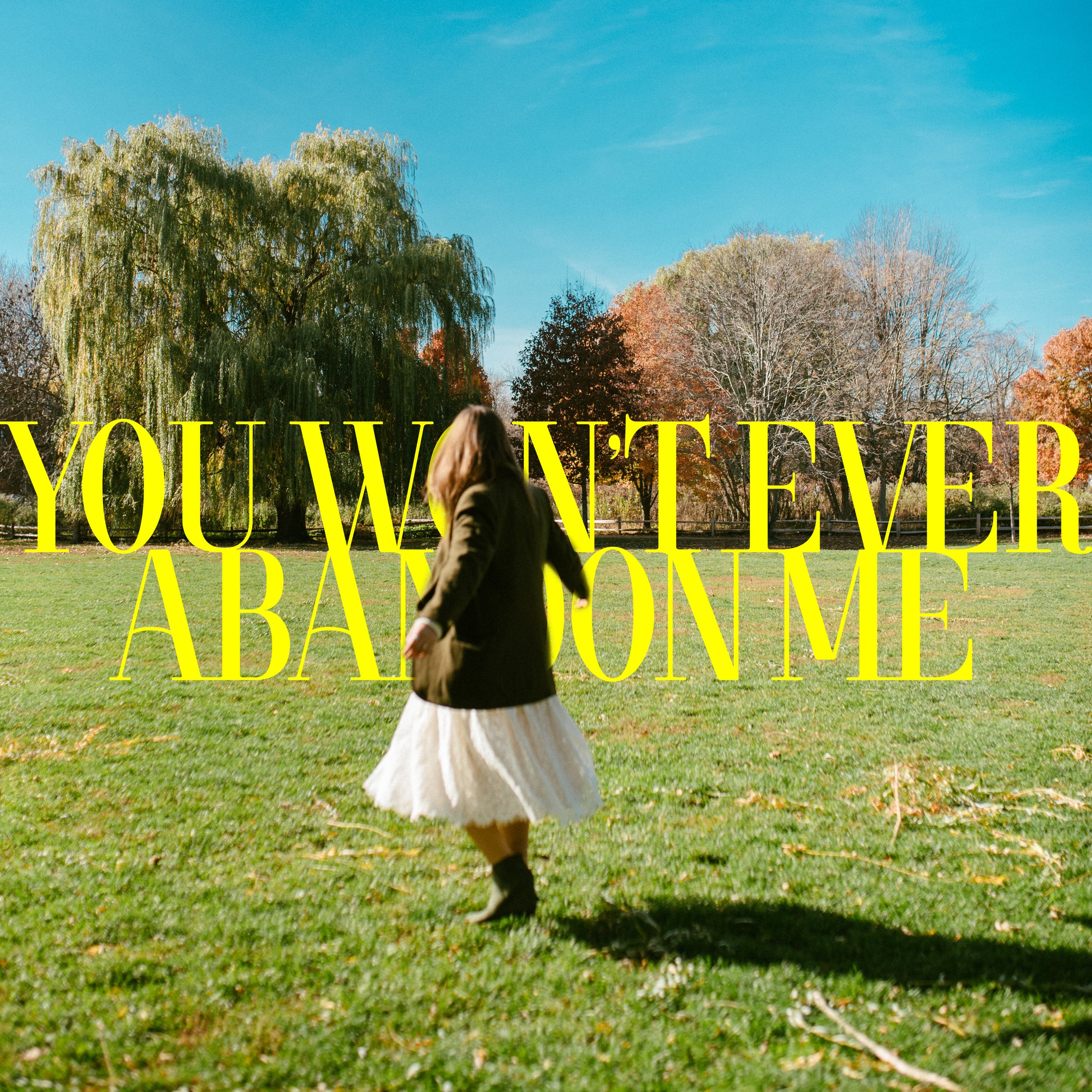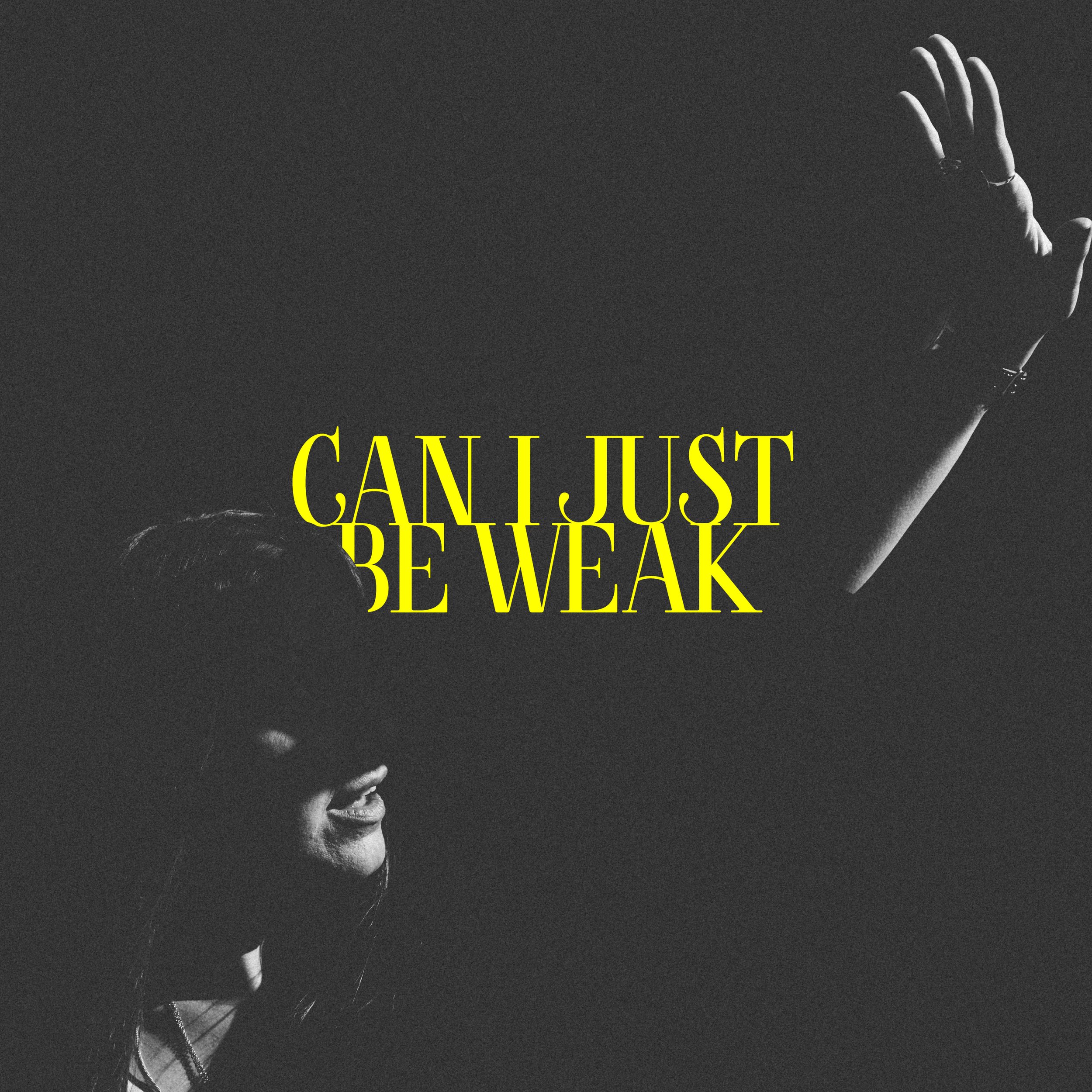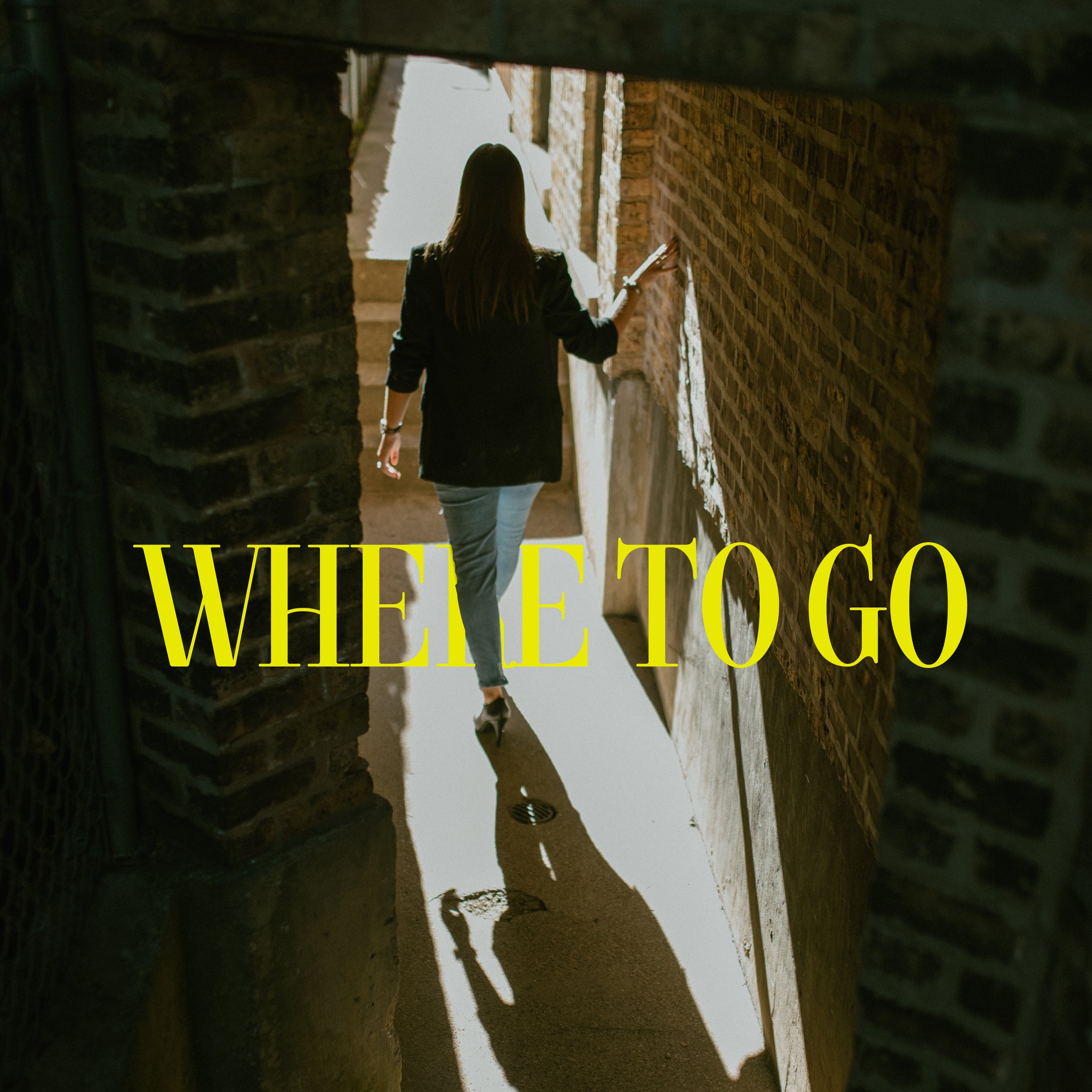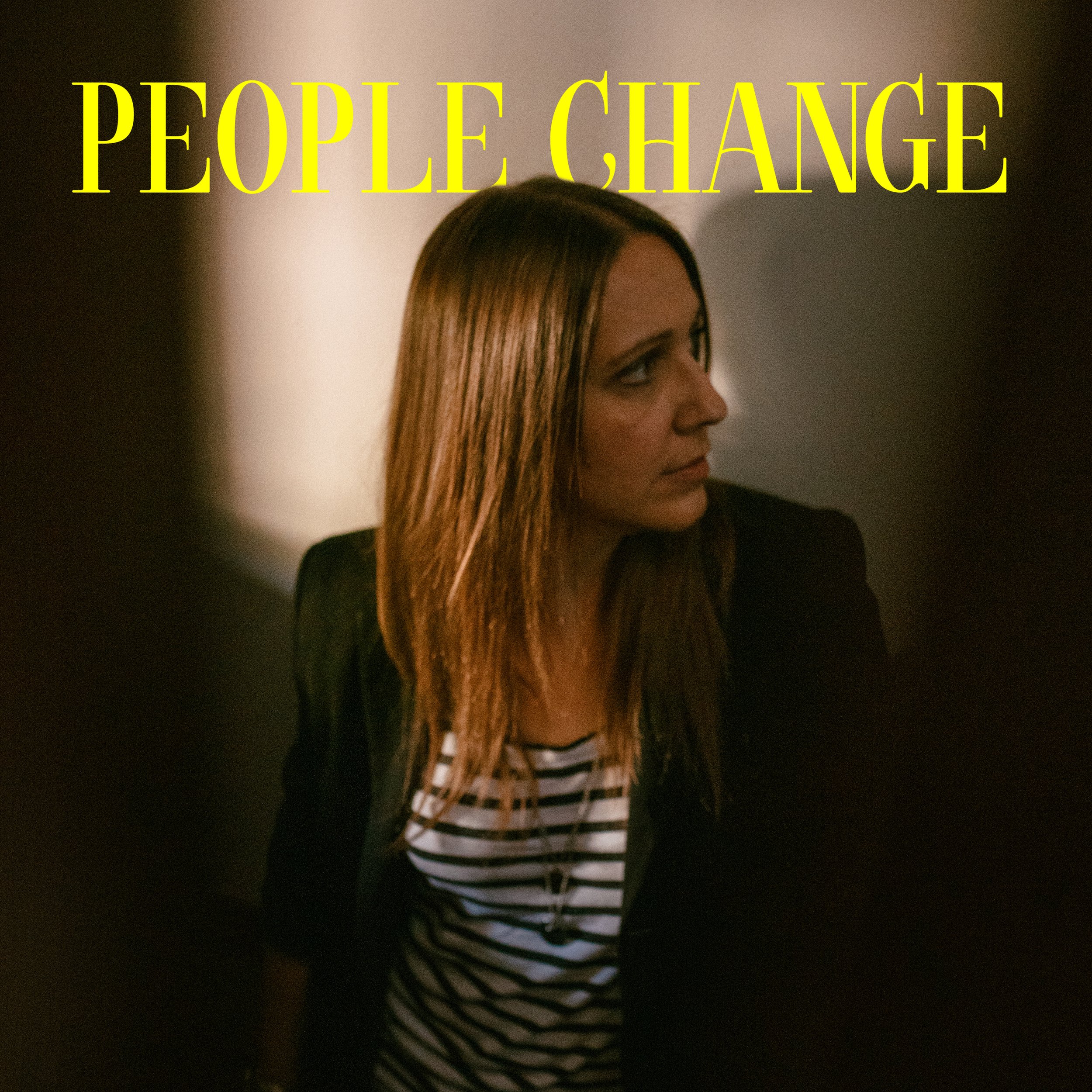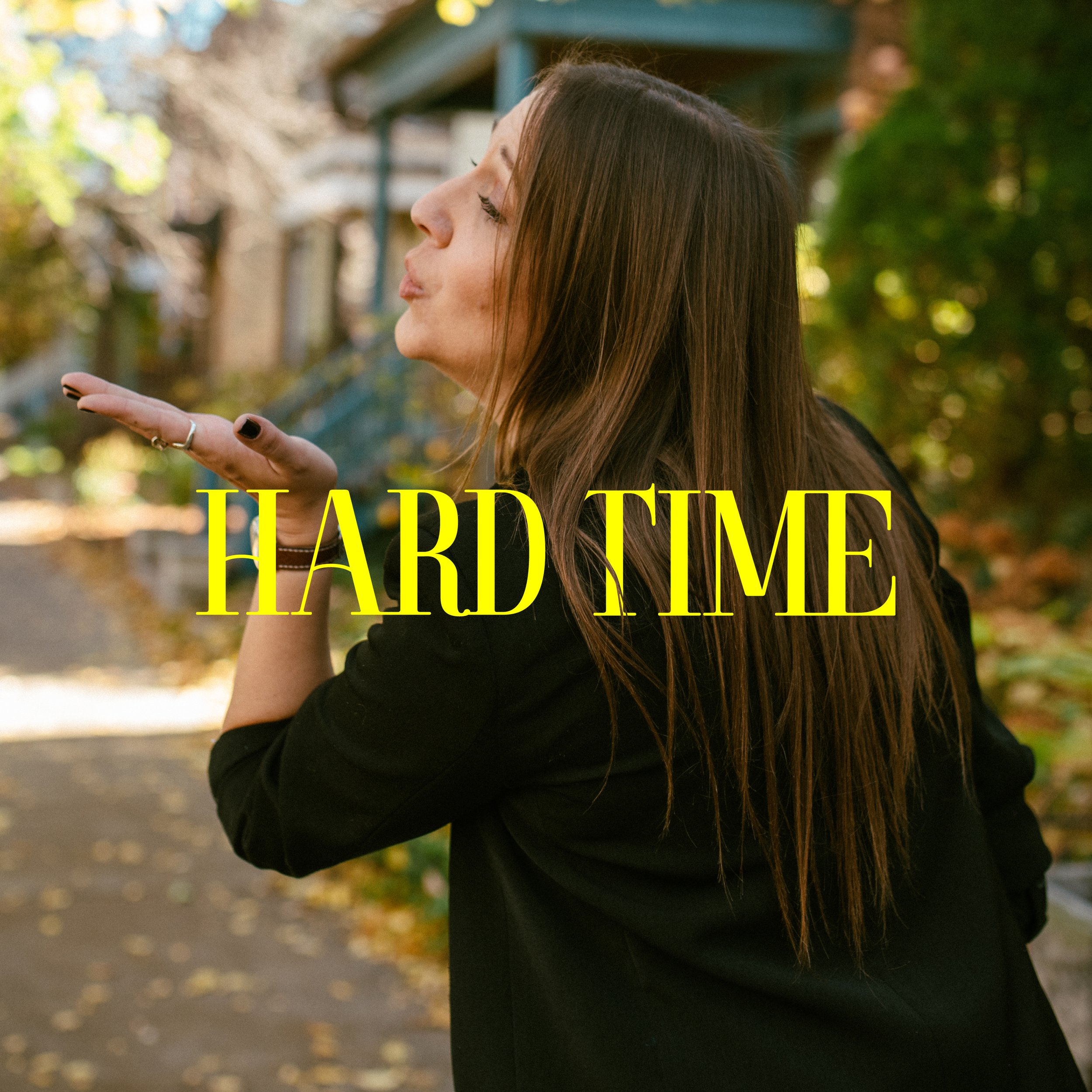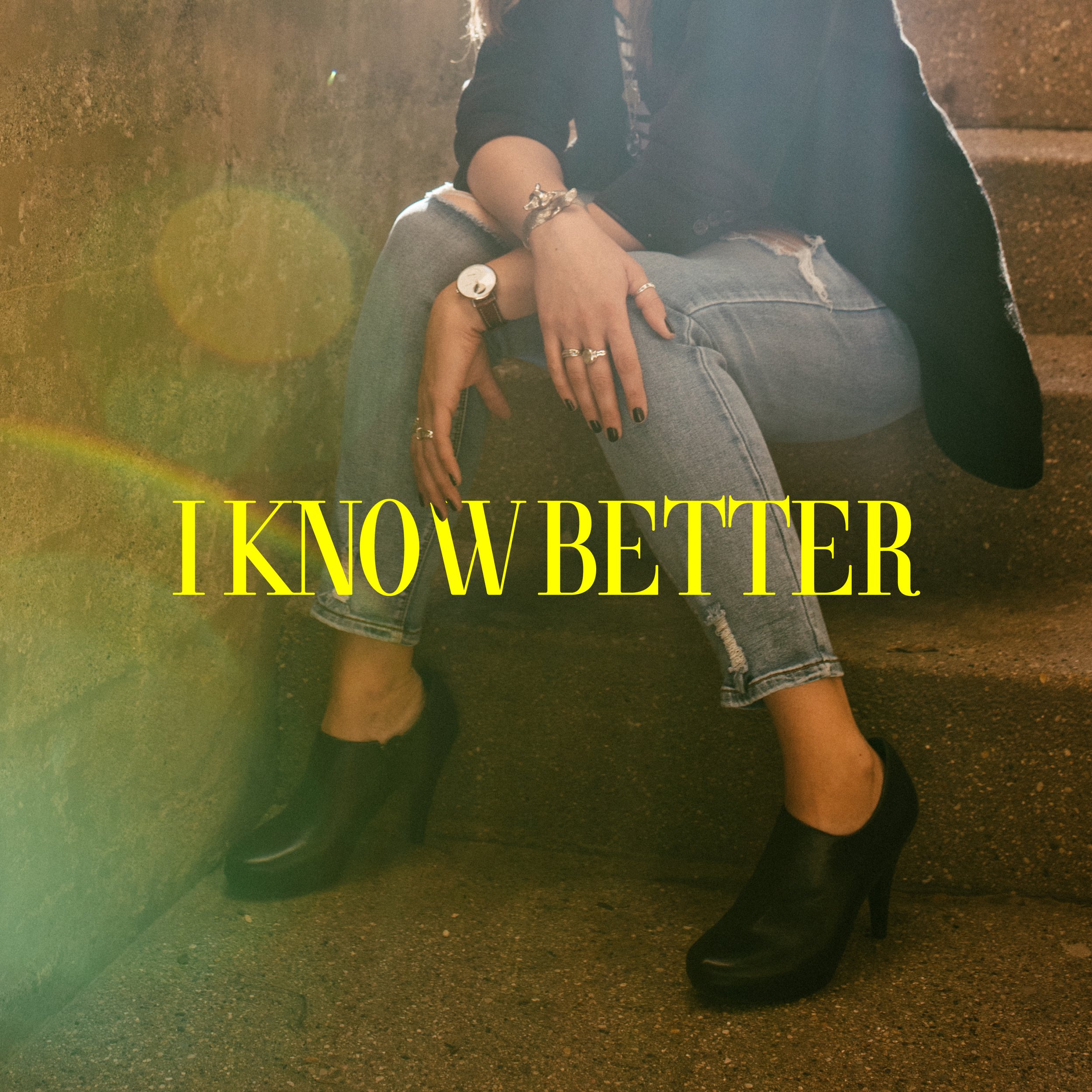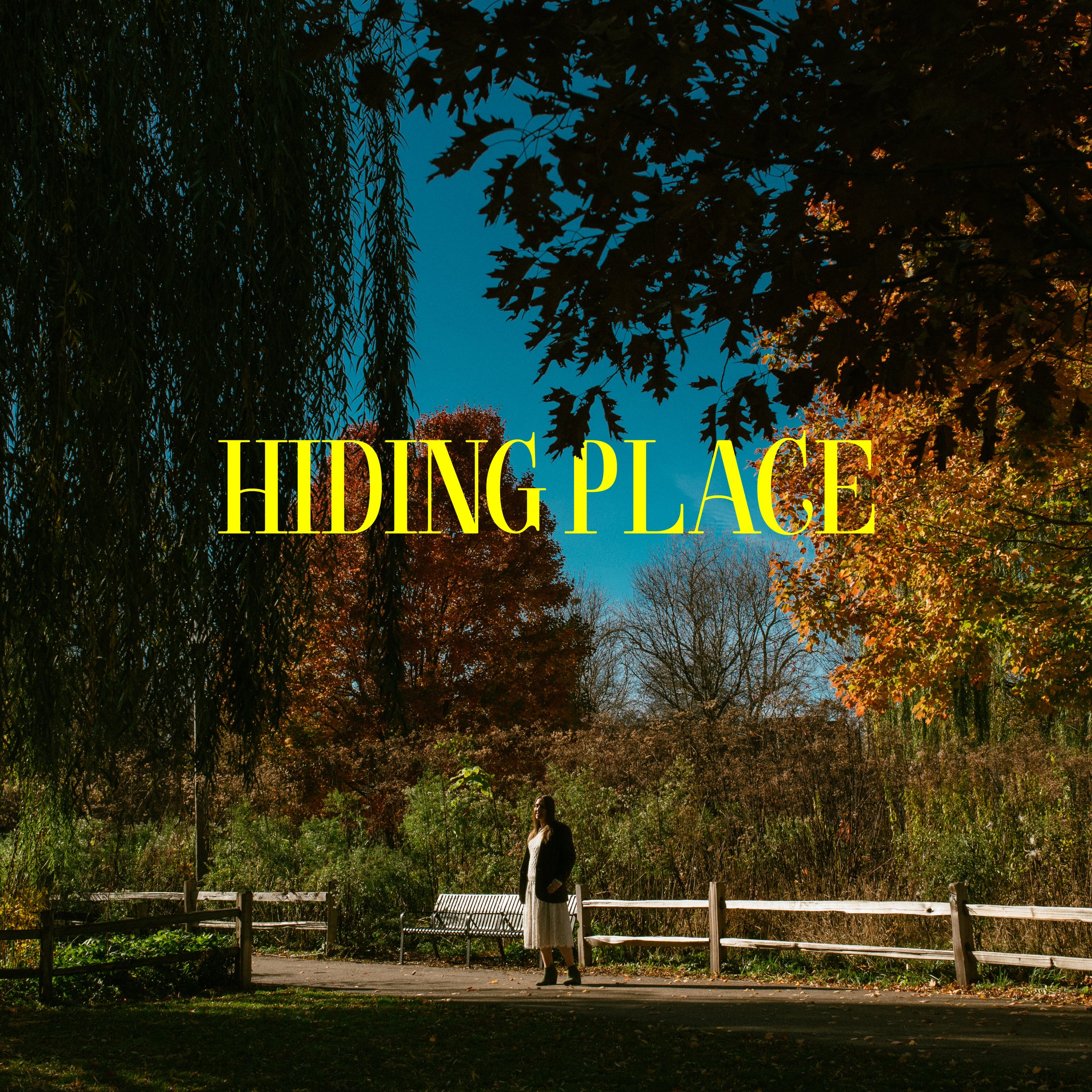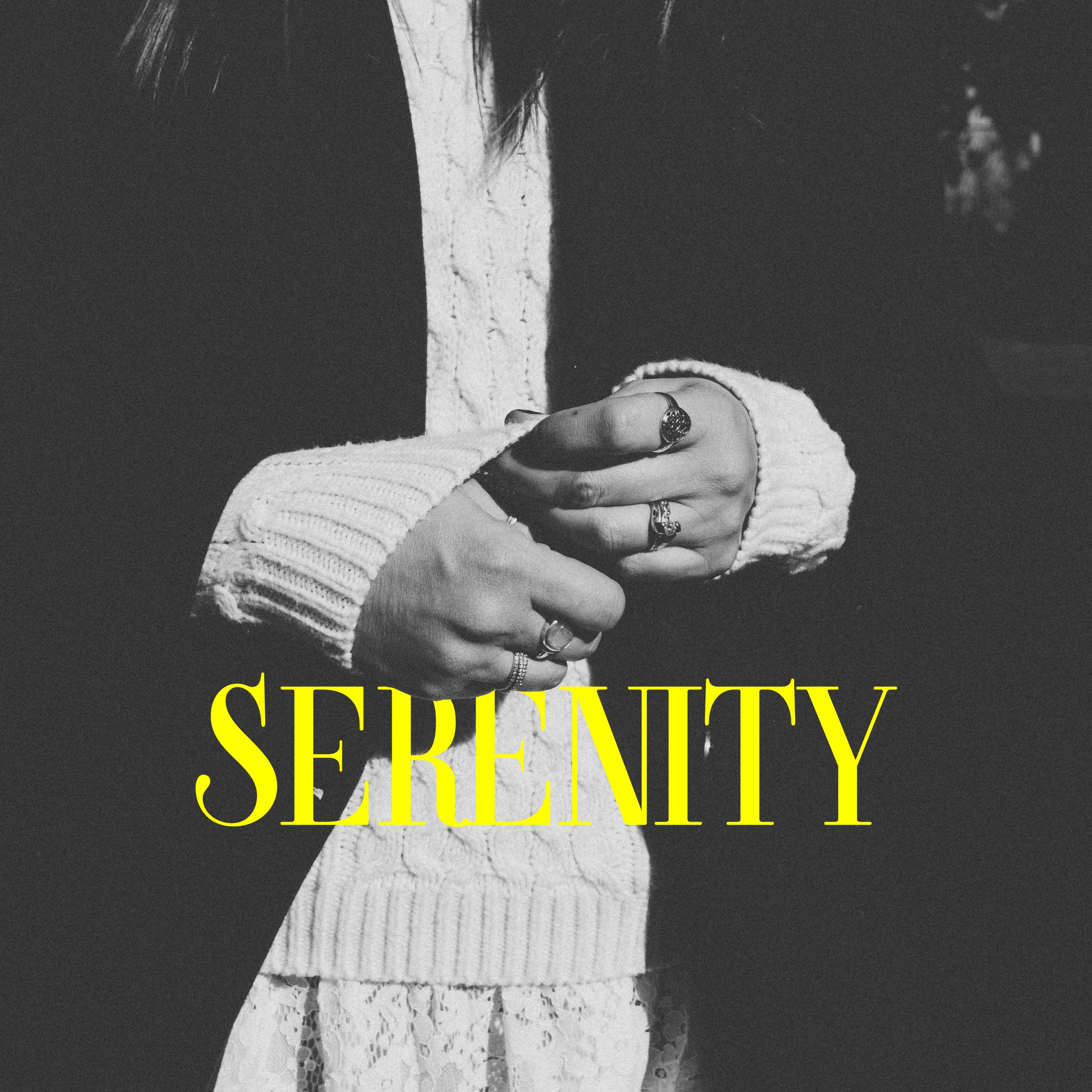Holy Saturday
The original name I had for my album, Earthly, was “Holy Saturday”. I wrote all of these songs during a time in my life that felt like an extended Holy Saturday. If you’re not familiar with the term, Holy Saturday, or “Silent Saturday”, is the day (today) between Good Friday and Easter. It’s the day in the church calendar year where nothing really happens from our perspective; it’s the day after Jesus was crucified, and the day before he rose from the dead.
The concept of Holy Saturday - or let’s call it Silent Saturday for now - is resonant to me when I think about that original Saturday. Jesus had just been welcomed into Jerusalem as a king of sorts on Palm Sunday, indicating the hopes that people had for him: namely, that he would save them from their oppressive overlords. But instead, less than a week later, he was killed by said oppressive overlords. The dozen men who had been following him closely for the past few years scattered. There were some people who stuck around (ahem, mostly women, ahem), but there was no mass of people waiting for him to come back to life. Instead we see people who are scared, confused, and grieving.
This is why I like the term “Silent Saturday”. Sometimes it seems like God is silent. And more often than not, in my experience, that silence comes at the worst times. The times when we feel most desperate and confused, and when we need reassurance the most. Enter my album, “Earthly”, and the songs therein.
I wrote “You Won’t Ever Abandon Me” a couple months after my dad died and after I felt like just about every friend I had had abandoned me. “Can I Just Be Weak” was written that same weekend, out of a feeling of exasperation: this is all the strength I can muster up right now, please let that be enough. “People Change”, “Hard Time”, “Where To Go”, and “I Know Better” were written in the following months as I was processing my grief and struggling to move forward in the midst of so much confusion. The rest of the songs, “Serenity”, “Hiding Place”, “We’re Gonna Be Alright”, and “Life is Stronger”, are songs about hope that I was singing to myself during that time.
I hoped that my Silent Saturday was actually a Holy Saturday. I hoped that my confusion wasn’t meaningless, but that it was leading me to deeper truths. I hoped that my feeling of abandonment wasn’t an indication of true abandonment, but that it was shifting me from one type of connection to another. I hoped that there was universal and lasting truth to Jesus’ statement, “blessed are you who mourn, for you shall be comforted”. I wasn’t going to fill my Silent Saturday with truisms and cliches; I wasn’t going to sing songs to a heavy heart (Proverbs 25:20). I spent it mourning. I let myself ask the questions I hadn’t let myself ask before. I let myself give name to the negative emotions I had been stuffing down. I let myself talk about those emotions to trusted friends (and write them into songs). I did all of this as an act of hope, not as a betrayal of it. I hoped there was meaning in the darkness I felt, I hope there was wisdom being spoken to me in the silence, and I hoped that I would get to see a pattern of resurrection come to pass, because I still believed that God is a God of resurrection.
And allow me to testify: I saw the patterns of resurrection, and I continue to see them. God is making things new. He took me through a Good Friday and a Silent Saturday, and brought me into an Easter of sorts. And I expect that I will continue to experience this pattern in life. I will experience more loss in the future, more confusion, more silence, more feelings of loneliness and being misunderstood, etc. But I have come to believe with more certainty that hope is not unreasonable.
It’s not that I always feel a sense of hope (a swift overview of my lyrics will prove that I don’t), but the lack of that feeling of hope is not an indication of a lack of faith. And that’s one thing I’ve learned in my Silent Saturday: that just because feelings of despair are present, that doesn’t meant that faith is absent. Faith can also look like: “I am devastated and confused and I can’t imagine how this will work out, but Jesus is well acquainted with the human experience, so I will not try to shame myself out of this feeling of darkness to get to him, but instead, I will trust that he can find me here.”
“But even in darkness I cannot hide from you. To you the night shines as bright as day. Darkness and light are the same to you.”
Okay, but this album isn’t called “Holy Saturday”. So why not?
I didn’t want to release an album with a name that indicated it was seasonal, since these songs are not very specific to the original Good Friday-Holy Saturday-Easter story. I wanted to encapsulate the theme of Holy Saturday, but not get lost in its specificity. Then I happened to read Ephesians 4:9-10, “What does he ascended mean except that he also descended to the lower, earthly regions? He who ascended is the very one who ascended higher than all the heavens, in order to fill the whole universe.” I am no theologian, and I am sure this is debatable, but when I read “he also descended to the lower, earthly regions”, I think of Holy Saturday. It also makes me think of that phrase in the Apostles Creed: “he descended into hell” or “he descended to the dead”, depending on your faith tradition. “He descended into hell”, “he descended into the lower, earthly regions”, and even the moment in 1 Peter 3 where Jesus “preached to the spirits in prison” all give me Holy Saturday vibes. Don’t come to me for theology, come to me for theological vibes.
I have found that hope can withstand a period of silence; hope that persists amidst deep confusion and in the absence of certainty. My advice: don’t run from your Silent Saturdays. Sit in them. God is just as present on Silent Saturday as he is on Easter Sunday.
All photos by Liz Brown.



